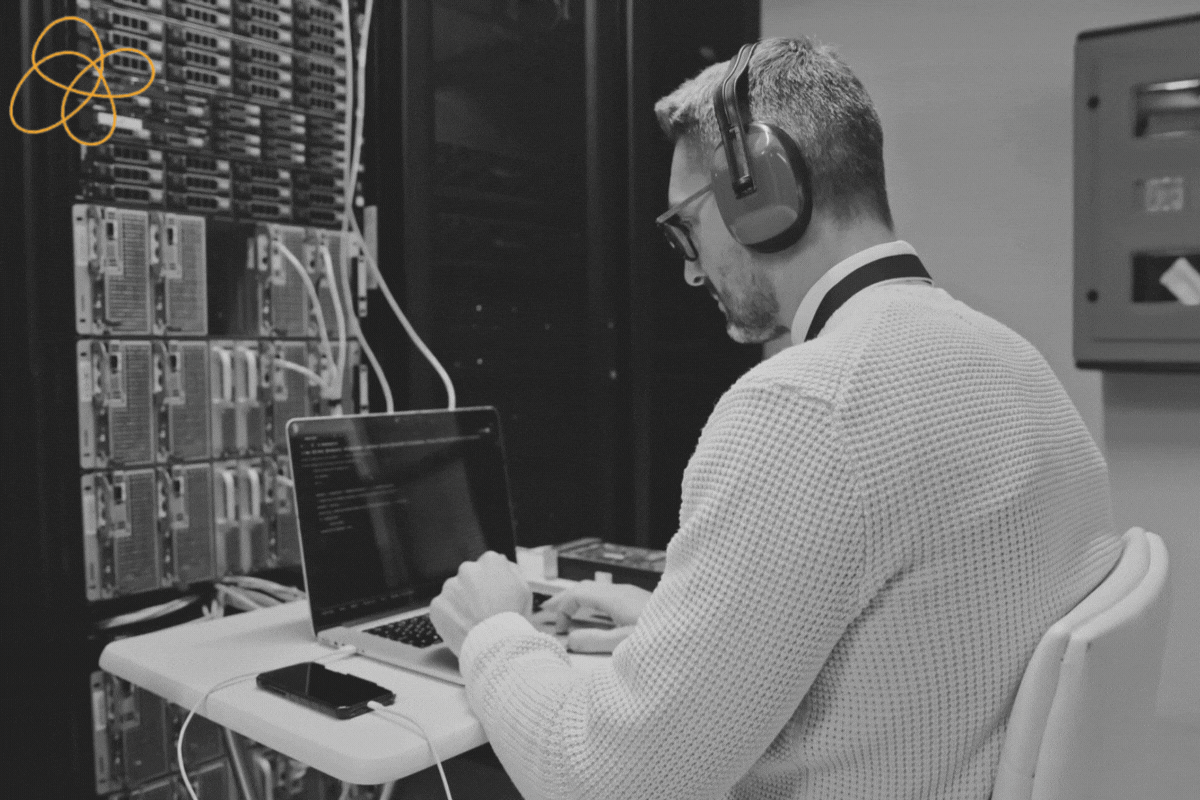The Proof is in the Pudding: How Analytical Methods Development and Validation are Crucial for Successful Drug Development!
The Proof is in the Pudding
Developing a new drug is a complex process that requires a significant investment of time and resources. One of the critical components of drug development is analytical methods development and validation. These processes help ensure that the drug product is safe, effective, and meets regulatory requirements. In this article, we will explore the importance of analytical methods development and validation in drug development and how it relates to the saying “the proof is in the pudding.”
Analytical methods development and validation are crucial steps in drug development that involve the establishment of reliable and accurate methods for the analysis of drug substances and drug products. These methods are used to ensure that the drug product meets the required quality, safety, and efficacy standards. Analytical methods development involves the identification and selection of suitable methods for the analysis of the drug substance and drug product. These methods must be precise, accurate, and reproducible to ensure reliable results.
Once the analytical methods have been developed, they must be validated to ensure that they are suitable for their intended use. Analytical method validation involves a series of experiments and tests that evaluate the performance of the analytical method. The validation process ensures that the method is specific, accurate, precise, and robust, and that it can detect impurities and degradants that may be present in the drug substance or drug product.
The validation of analytical methods is critical for ensuring that the data generated during drug development is reliable and can be used to support regulatory submissions. Regulatory agencies require that analytical methods used in drug development be validated before they can be used to support submissions. Therefore, the analytical methods must be developed and validated according to regulatory guidelines to ensure that they meet the required standards.
The importance of analytical methods development and validation in drug development can be compared to the saying “the proof is in the pudding.” This saying means that the true value or quality of something can only be determined by testing or experiencing it. In drug development, the proof of the quality and safety of the drug product is in the analytical methods used to develop and validate it.
Just as the quality of a pudding can only be determined by tasting it, the quality of a drug product can only be determined by analyzing it using validated analytical methods. The analytical methods used in drug development are the foundation of the evidence used to demonstrate the quality and safety of the drug product. Without reliable and validated analytical methods, the proof of the pudding, or in this case, the drug product, cannot be established.
Pitfalls and Showstoppers that can Occur
Analytical methods development and validation are critical steps in the drug development process. Still, they can also be fraught with pitfalls and showstoppers that can delay or even derail a drug development program. Some of the common pitfalls and showstoppers that can occur around analytical methods development and validation include:
Lack of understanding of regulatory guidelines: Regulatory guidelines for analytical methods development and validation are complex and constantly evolving. Failure to understand these guidelines can result in inadequate methods that do not meet regulatory requirements. This can lead to delays in drug development and even regulatory rejection.
Inadequate sample preparation: Sample preparation is a critical component of analytical methods development and validation. Inadequate sample preparation can lead to inaccurate results, which can result in erroneous conclusions about the safety and efficacy of the drug product.
Inadequate method validation: Inadequate method validation can result in unreliable data that cannot be used to support regulatory submissions. Validation parameters such as accuracy, precision, specificity, and robustness must be properly evaluated to ensure that the method is suitable for its intended use.
Use of inappropriate equipment: The use of inappropriate equipment can lead to inaccurate or imprecise results, which can result in delays in drug development or even regulatory rejection. The equipment used in analytical methods development and validation must be appropriate for the intended use and properly maintained.
Inadequate data management: Inadequate data management can lead to loss of data or the inability to retrieve data when needed. Proper data management is critical for ensuring the reliability of analytical methods and the accuracy of the data generated.
Lack of method transferability: Analytical methods must be transferable between different laboratories and manufacturing sites. Failure to ensure method transferability can lead to delays in drug development or even regulatory rejection.
Lack of control of method changes: Changes to analytical methods must be properly controlled and documented. Failure to control method changes can lead to the introduction of errors or inconsistencies in the data generated.
Analytical Method Qualification versus Validation and When?
Analytical method qualification (AMQ) and analytical method validation (AMV) are two different, but closely related processes used in the development and validation of analytical methods. While AMQ and AMV share some similarities, there are some key differences between them.
Analytical method qualification is a process that confirms that an analytical method is suitable for its intended use. The AMQ process evaluates the method performance characteristics such as selectivity, specificity, linearity, range, accuracy, and precision. The aim of AMQ is to demonstrate that the method is fit for purpose and capable of producing reliable data for its intended use. AMQ is usually conducted during the early stages of drug development to ensure that analytical methods are robust and suitable for their intended purpose.
Analytical method validation, on the other hand, is a process that provides evidence that the analytical method can produce accurate and reliable data. The AMV process evaluates the same method performance characteristics as AMQ, but in greater detail and over a more extensive range. The aim of AMV is to demonstrate that the method is suitable for its intended use and meets regulatory requirements. AMV is usually conducted during the late stages of drug development when the method is fully developed and ready for regulatory submission.
The decision of when to start full validation work for an analytical method depends on several factors, including the intended use of the method, the complexity of the method, and the regulatory requirements. As mentioned earlier, AMQ is usually conducted during the early stages of drug development, while AMV is conducted during the late stages of drug development.
Once the method has been qualified, the decision to proceed to full validation work will depend on the intended use of the method. If the method is intended for routine use in the quality control of drug products, then full validation work should commence as soon as possible after AMQ. If the method is intended for use in a clinical trial, then validation work may be delayed until the clinical trial is nearing completion.
In Conclusion
Analytical methods development and validation are critical steps in drug development that are necessary to ensure the quality, safety, and efficacy of the drug product. These processes involve the identification and selection of suitable methods for the analysis of the drug substance and product, followed by the validation of these methods to ensure they are reliable and accurate. By following regulatory guidelines and ensuring that analytical methods are developed and validated appropriately, sponsors can demonstrate the quality of their drug product, and as the saying goes, “the proof is in the pudding.”
Methods development and validation are critical steps in drug development that are necessary to ensure the quality, safety, and efficacy of the drug product. These processes involve the identification and selection of suitable methods for the analysis of the drug substance and product, followed by the validation of these methods to ensure they are reliable and accurate. By following regulatory guidelines and ensuring that analytical methods are developed and validated appropriately, sponsors can demonstrate the quality of their drug product.
There are several pitfalls and showstoppers that can occur around development and validation in drug development. These include lack of understanding of regulatory guidelines, inadequate sample preparation, inadequate method validation, use of inappropriate equipment, inadequate data management, lack of method transferability, and lack of control of method changes. To avoid these pitfalls and showstoppers, it is vital to follow regulatory guidelines, use appropriate equipment, properly validate analytical methods, and properly manage data.




